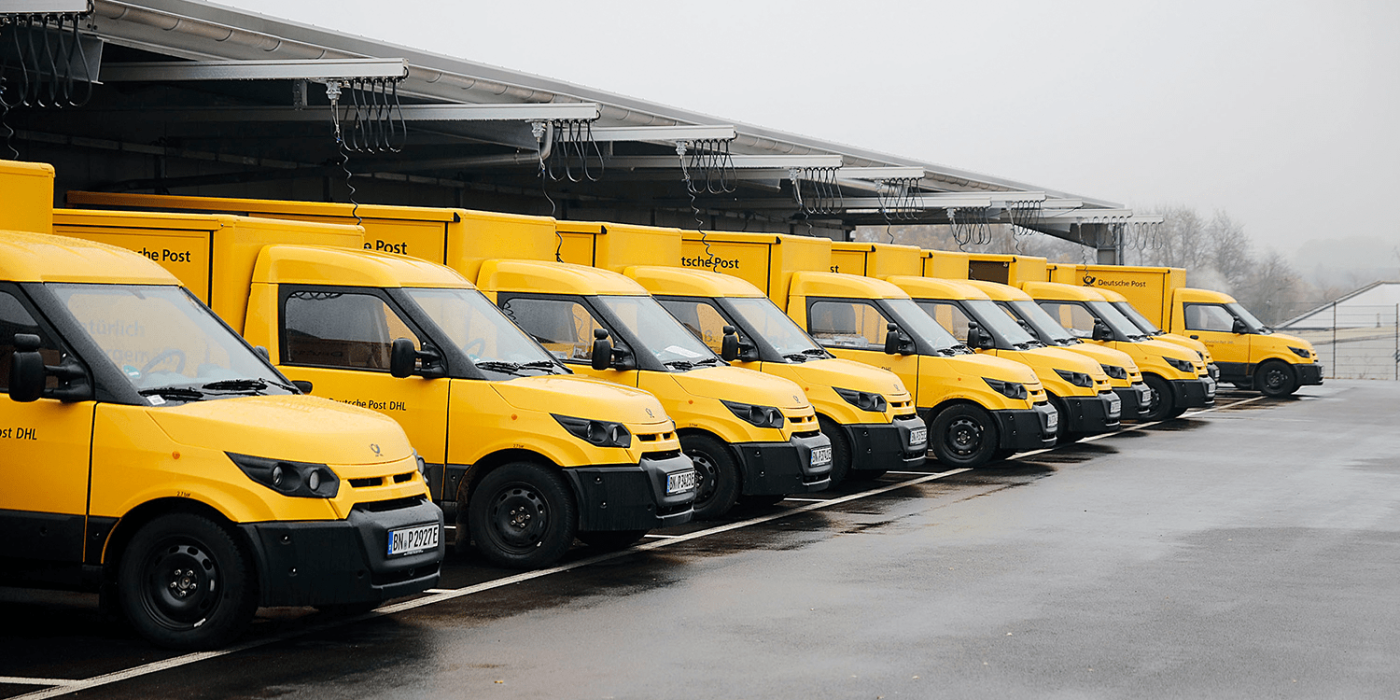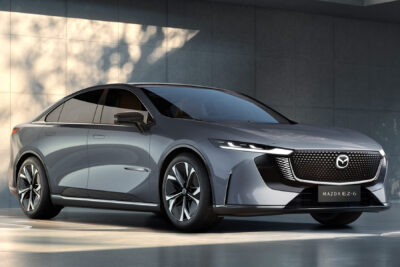StreetScooter delays end of production
The announced end of production at StreetScooter has been moved “a few months” to 2021. The owner, Deutsche Post says that the extension of the StreetScooter production does not represent any change of strategy.
According to a Deutsche Post spokesperson, “a few thousand” units will still be built in 2021, but only for the company’s own use. Production will only be phased out more slowly than originally planned, confirmed Post CEO Frank Appel and CFO Melanie Kreis in a telephone conference. The company held talks with suppliers, some of which were long-term contracts, and Deutsche Post now wants to access these parts.
Deutsche Post is apparently still dependent on the vehicles manufactured in-house and the parent company still says that there is currently no replacement for the StreetScooter worldwide to reduce their CO2 emissions. StreetScooter started up in 2010 to respond to the demand for electric delivery vans, specifically from Deutsche Post who was decarbonising its fleets. At the time, no vehicle manufacturer in Germany was serially producing a battery-electric delivery van, literally forcing Deutsche Post to make their own. In December 2014, Deutsche Post bought the company, which thus became a wholly-owned subsidiary.
After the long search for a buyer in 2019 and 2020 failed, Deutsche Post/ DHL announced that it no longer wanted to pursue the exploratory talks for a buyer. CEO Appel simply stated that “further scaling without the right partner does not correspond to our long-term strategic objective”. He added that “we have always said that we do not want to be a car manufacturer”. In February 2020 Deutsche Post announced that StreetScooter would not accept any new orders. As a result, production of the e-transporter is to be phased out gradually, probably at the end of 2020 or the beginning of 2021.
The company spokesperson did not disclose a concrete date for the now postponed production end, only that it might take “a few months”. The 300 remaining employees in Aachen and Düren will continue to be employed for this period.
The company has not disclosed how many employees will still be employed by StreetScooter after the end of production. The Deutsche Post subsidiary will not be dissolved but will continue to operate the existing fleet of electric delivery vehicles. Fewer employees will be needed for service and maintenance of the vehicles than for production. Deutsche Post is now covered for its own fleets, with Appel reiterating in February that “We are committed to our 2050 mission, which is zero-emission logistics by 2050.” Since StreetScooter will not be wound up, but become the operator of the existing fleet, at the time the move was expected to result in “one-off adjustment expenses of between 300 million euros and 400 million euros”.
heise.de (in German)






0 Comments